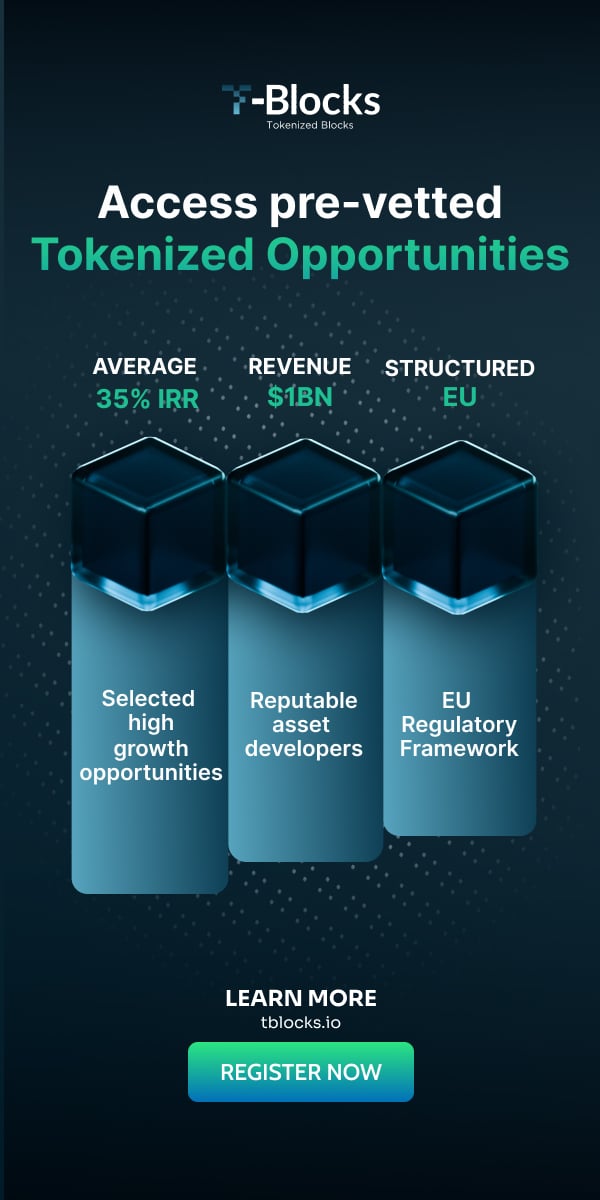The superpowers of security tokens are often described as increased liquidity, transparency and efficiency. While compelling, these benefits are a mapping of the Tokenized version of the security to the traditional analogue version, but miss the bigger picture.
By Hansmeet Sethi
The superpowers of Security Tokens
This is a two-part series digging deeper into these superpowers, beginning with how individual investors uniquely benefit.
Summary
- Security tokens represent securities on a blockchain, trillions in assets with lower volatility then pure cryptocurrencies
- As Tokens, they are available to use in smart contracts
- Their hidden superpower is the financial options unlocked when used with open financial products (often termed as decentralized finance or DeFi protocols)
What’s a Security Token?
It’s a representation of a regulated security as a Token on a blockchain. This can be anything from equity in a company to a real estate investment. 2019 has been dubbed the ‘Year of the Security Token’ and momentum has been building with security token exchanges, issuance platforms and investment opportunities emerging.
A Security Token is more transparently and efficiently traded among investors unlocking liquidity premium for the asset. In addition, they can efficiently manage regulatory requirements, enabling real-time inspection of transactions and ownership. Huge opportunities that make owning a security token potentially more attractive to an investor than owning the traditional, analogue version of the asset.
Focusing on the token in isolation of the larger blockchain-based financial ecosystem misses the point of a Security Token’s true power. The aha-blow-your-mind realization is how security tokens can be used along with smart contracts to create entirely new financial products not possible in today’s financial system. Particularly when used with the emerging class of protocols built on Ethereum. Let’s take a deeper look.
What’s a “Protocol-Based Financial Product”?
They are financial products powered by code (smart contracts) running on a blockchain. Imagine that instead of somebody entering data into a spreadsheet to determine loan terms for a borrower, a transparent algorithm was able to do the same thing incredibly efficiently.
While that’s a simplification of the power of financial protocols, it’s helpful to look at a specific one. MakerDao CDP’s is one of the leading protocols today. It enables anybody to create a collateralized debt position (CDP) using Ethereum as the collateral. Today 1.5% of all Ethereum is locked into CDP’s and the protocol’s usage is growing 20% monthly.
Today, the protocol enables users to deposit Ethereum to create an instant and efficient loan. For reasons I’ll detail in the next post, MakerDAO is moving towards a multi-collateral position, including depositing Security Tokens as collateral. This is an immensely valuable feature for both the protocol and users.
Let’s dig deeper.
How Do Security Token Holders Benefit?
Let’s say you own $50,000 of the S&P 500 in traditional form. You’re a long term investor and you want to hold the security. However, you have a short term cash need. Today, the wealthiest can access a stock loan from some brokers, but our hypothetical investor would be shut out from this option with their 50k position.
Now, let’s say you held the same amount of the S&P 500 in the form of a Token. You are about 5 minutes away from a collateralized loan through MakerDAO using those tokens. Very low cost, no minimums and clear, transparent terms. Incredible.
This is a simple example to illustrate a point. As the financial protocols evolve more options will open to the Token holders that have no analogue in today’s world. The power of Open Finance is fully manifested when paired with securities that have global appeal, ownership and value — securities.
Follow me and check out Part 2!
Hansmeet Sethi is a co-founder and CEO of Fetch.





















